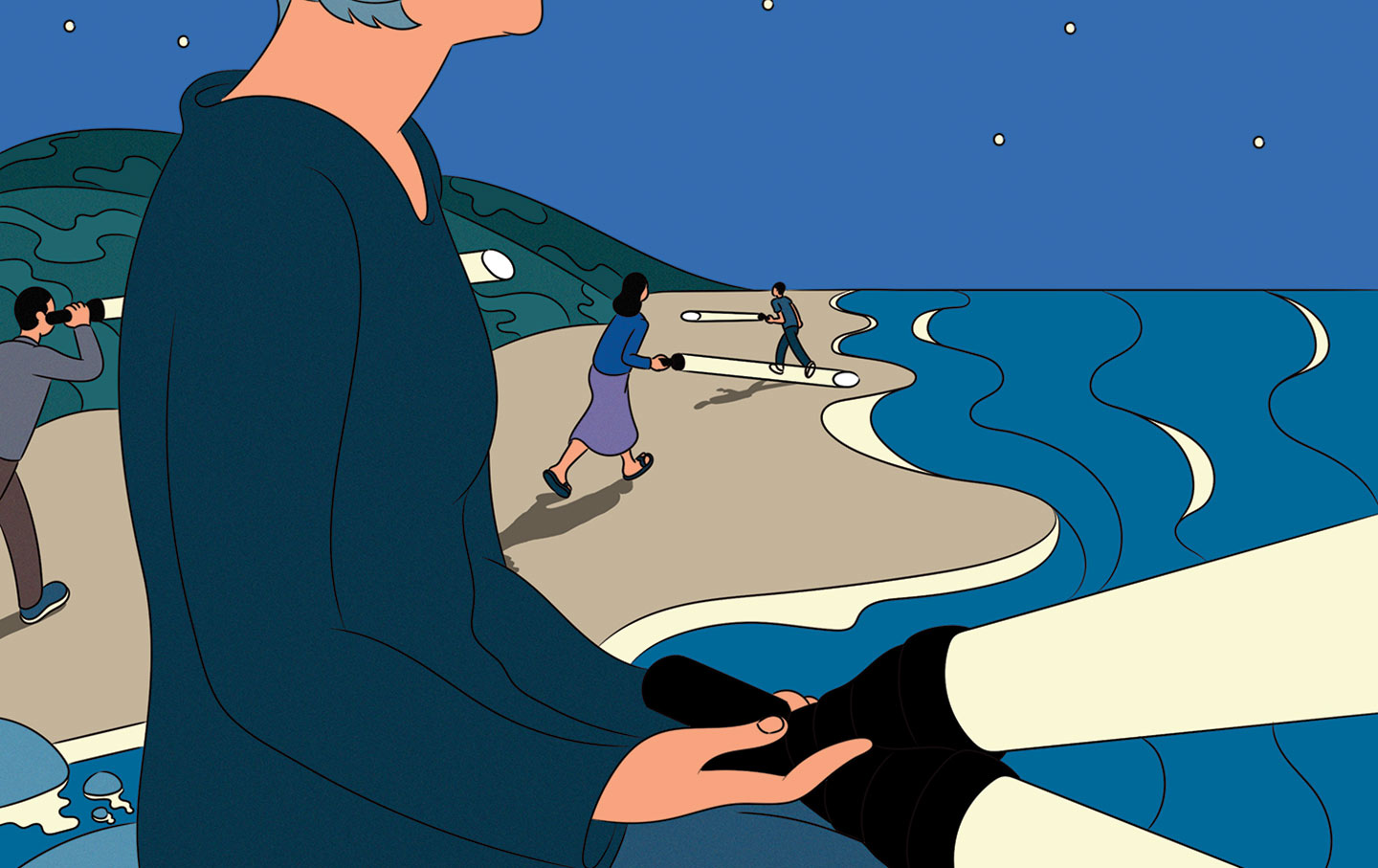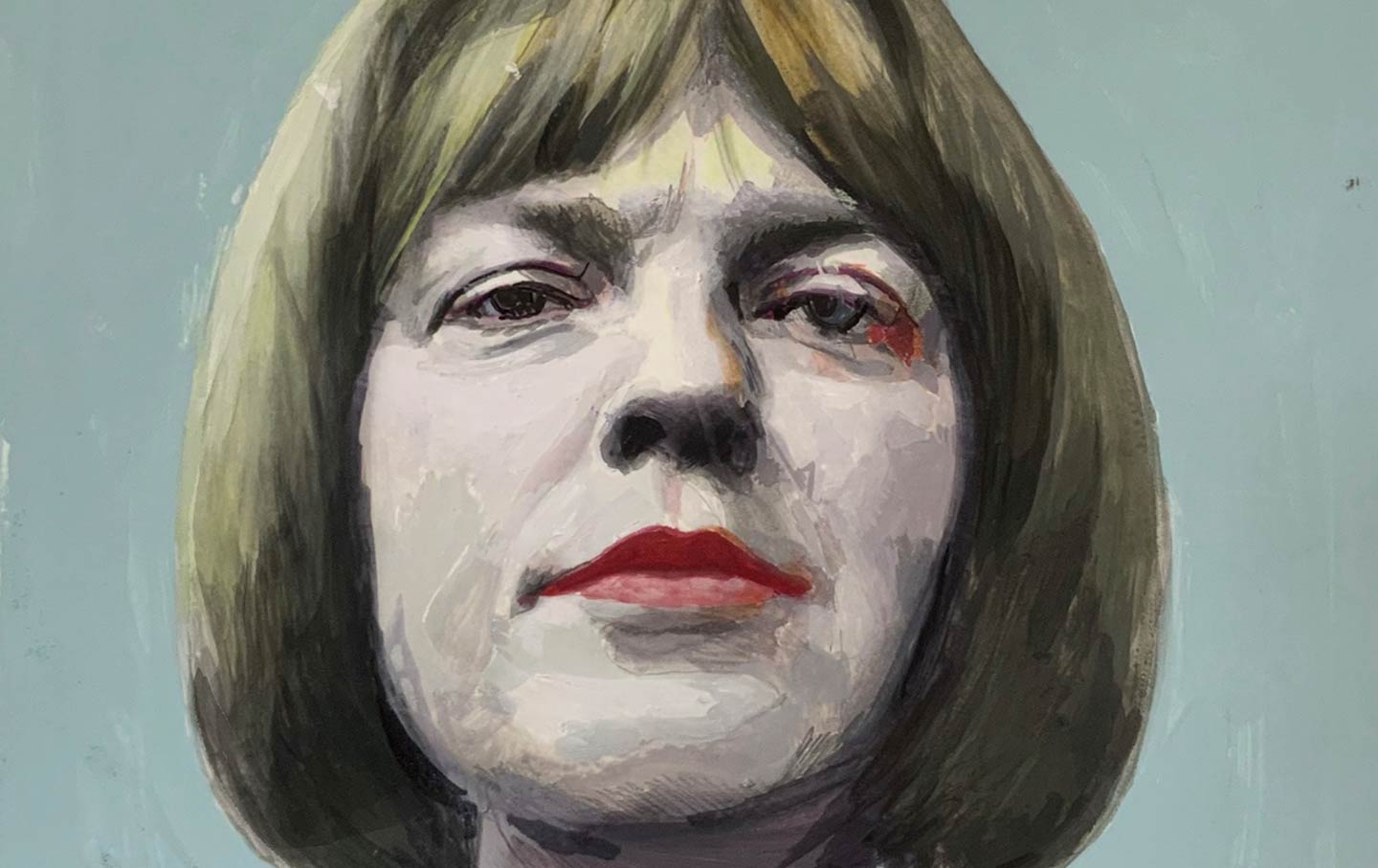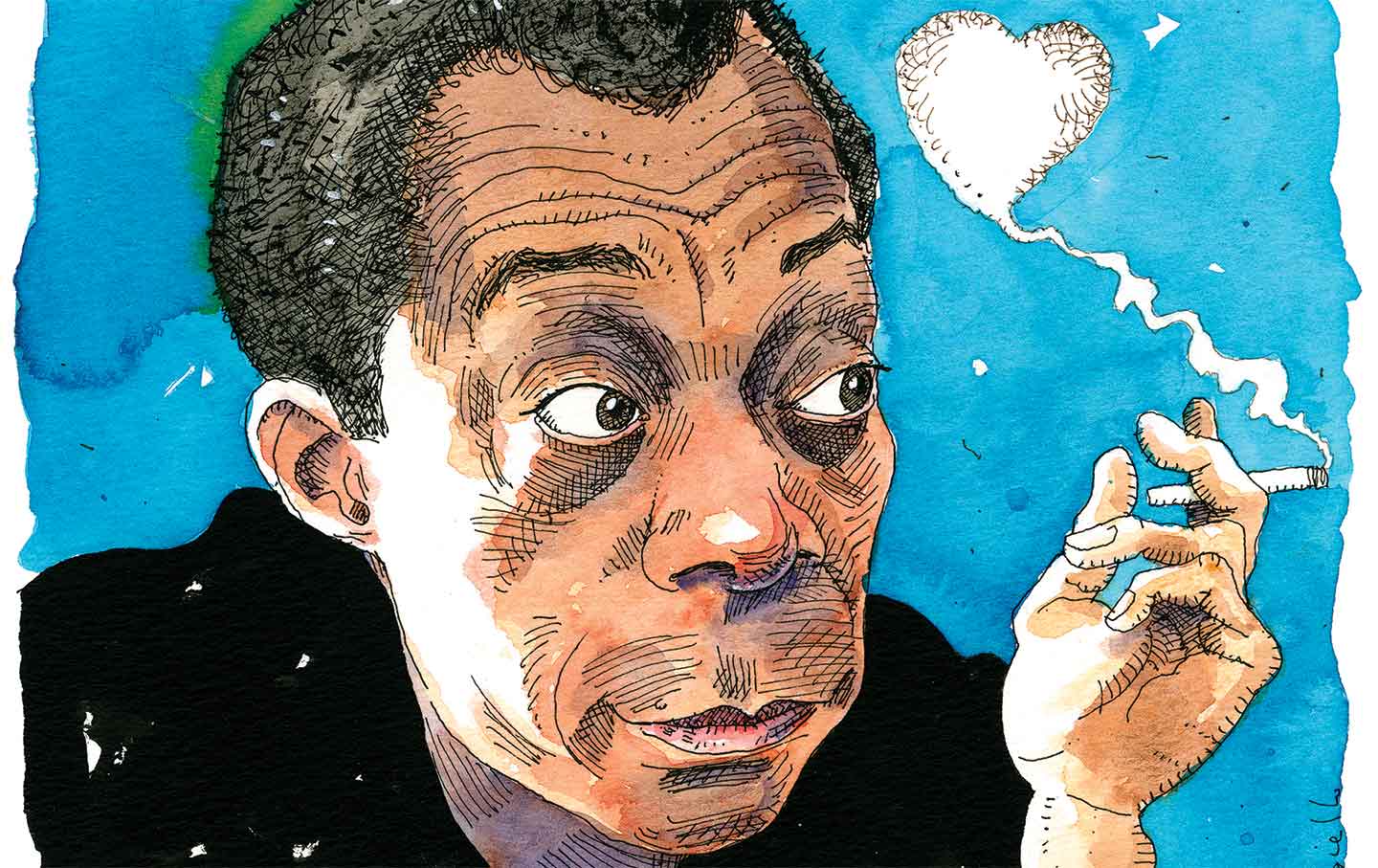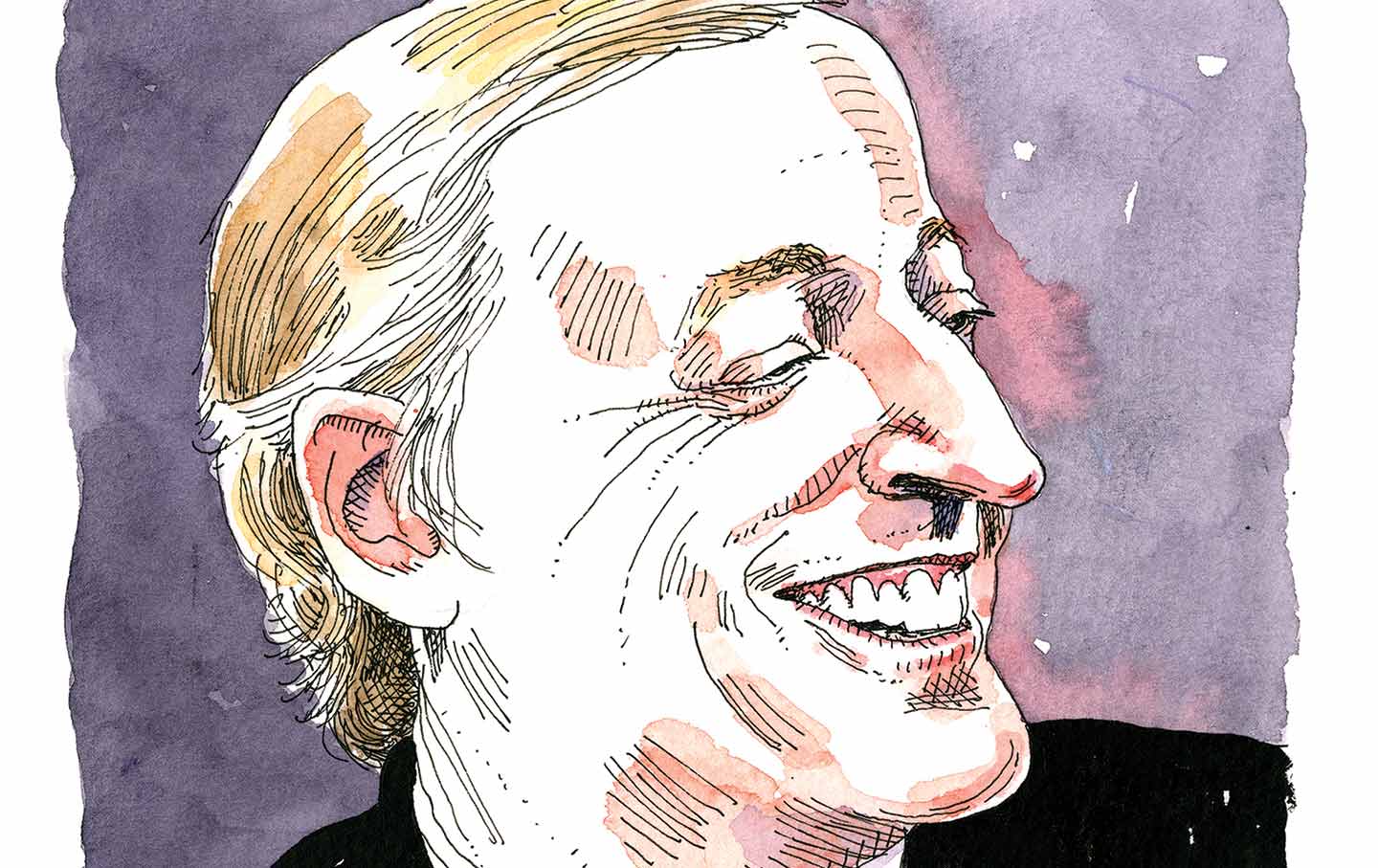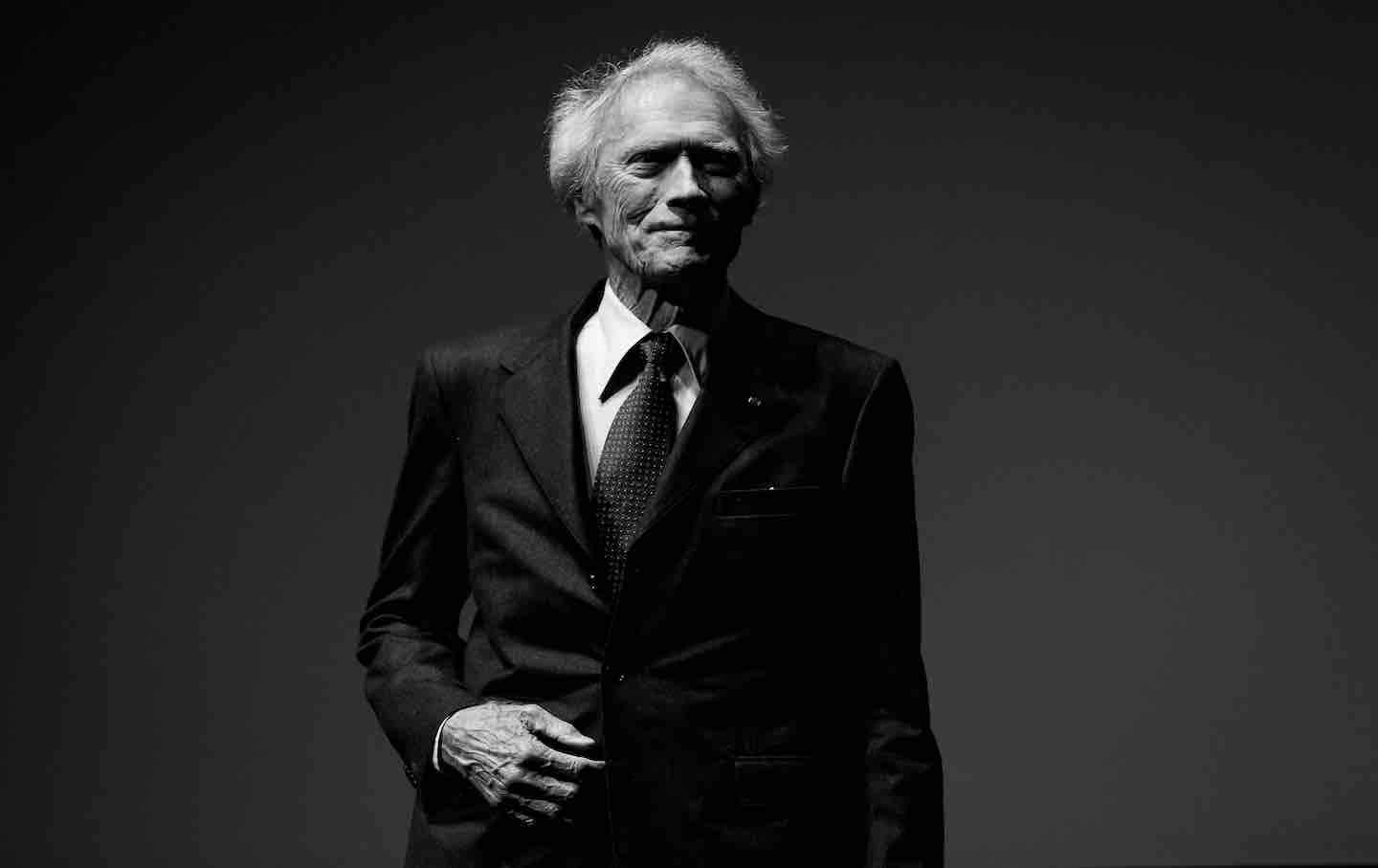For the Last American Century
First, they didn’t let me on the moon. Then didn’t let anyone
after a while. So children let their dreams get smaller, enough
to fit the pocket of the jean jackets each generation wore
every time they invented irony. Soon, in the cities, down
in their white noise canyons, people got on with the getting on.
Looked at their feet, mostly. Or they practiced glancing
slightly away when eyes met accidentally on the train.
Like shoes under a table. Like sheep bumbling a mountain pass.
The trick, we learned, was to pretend you’ve always been
looking just over your stranger’s left shoulder, reading
for the thousandth time that list of things you’re not allowed,
hoping there might be a prize in it. People got used to doing less
with less. Hoarded their sorrys. People learned something
happens to an old friendship when one visits the other’s city
but doesn’t give notice. There are reasons for this, always.
Business to attend to. Kids in their ironic jackets to shepherd
someplace new. I used to think the moon lived west of the earth,
which was why you’d see it after the sun went down. I studied
the scriptures. Became convinced that’s where they hid Eden
from us. This was back when I too believed in big punishment
for small mistakes. Then I saw the moon forget itself
in the day’s sky as if waiting, like the rest of us, for an apology.

